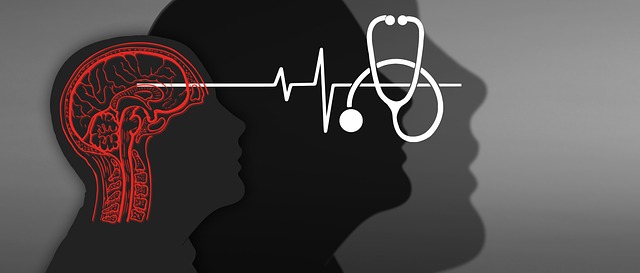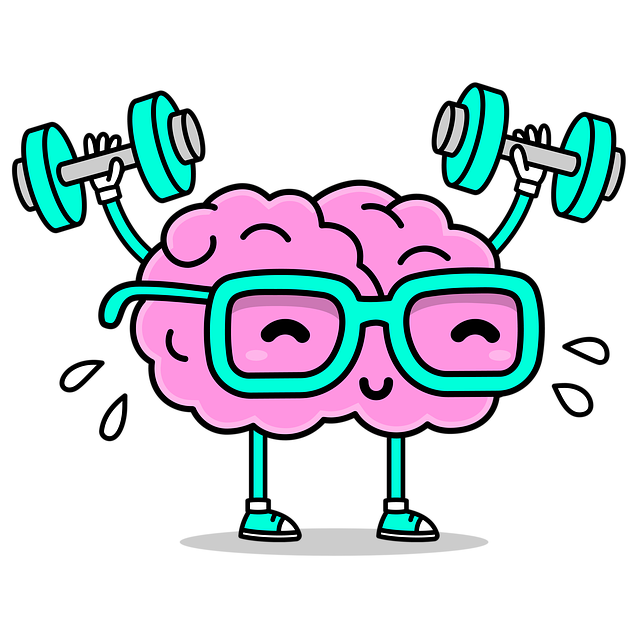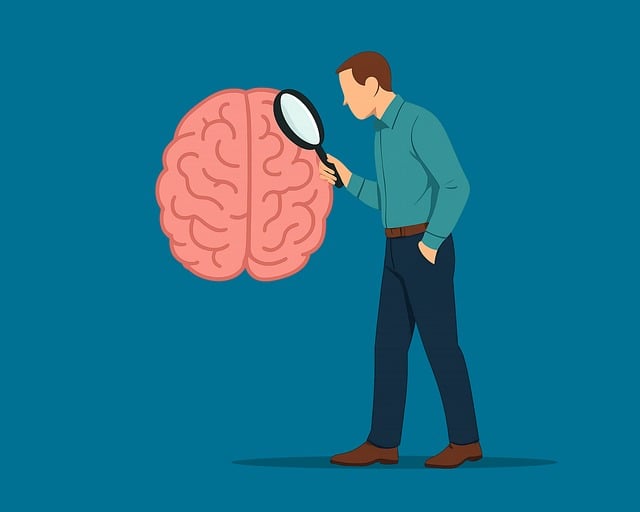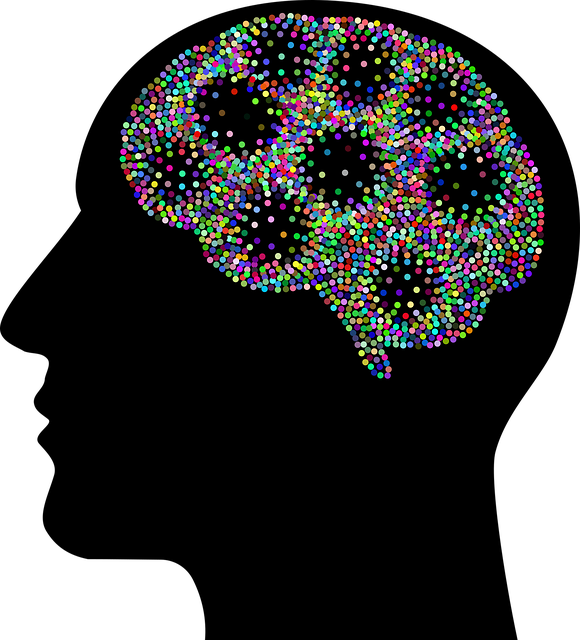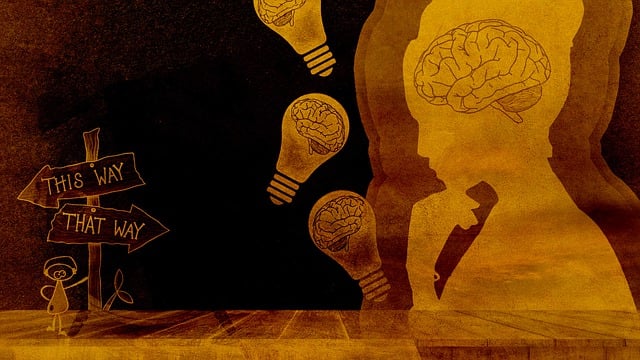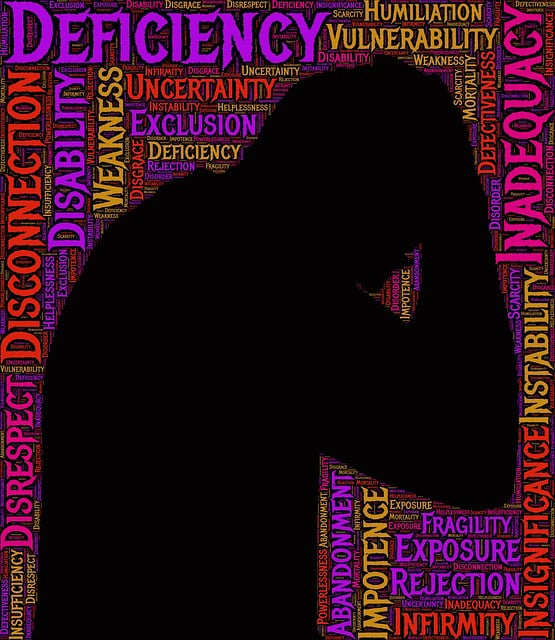Emotional intelligence (EQ) is a powerful tool for personal growth and well-being in today's fast-paced world, enabling individuals to build strong relationships and advance careers. Golden Terminal Illness Therapy emphasizes recognizing and managing emotions through practices like mindfulness meditation, journaling, and emotional healing. By cultivating self-awareness, individuals can prevent burnout and enhance mental wellness. Empathy, active listening, and effective communication are key strategies in EQ development, fostering emotionally intelligent communities and improving patient support through cultural competency training. These techniques contribute to resilience, deeper connections, and overall improved well-being.
Emotional intelligence (EQ) is a powerful tool for personal growth and professional success. Understanding and managing your emotions, as well as empathizing with others, can revolutionize your relationships and overall well-being. This article explores the fundamentals of EQ and its profound impact on mental health. We delve into practical strategies for recognizing and regulating your own feelings, fostering empathy, and enhancing communication skills, inspired by the transformative power of Golden Terminal Illness Therapy.
- Understanding Emotional Intelligence: The Basics and Its Importance
- Recognizing and Managing Your Own Emotions
- Empathizing with Others: Walking in Their Shoes
- Enhancing Relationships through Active Listening and Effective Communication
Understanding Emotional Intelligence: The Basics and Its Importance

Emotional intelligence (EQ) is a powerful tool for personal growth and well-being. At its core, EQ involves recognizing, understanding, and managing one’s own emotions, as well as empathizing with and responding appropriately to others’ feelings. This ability transcends mere social skill; it’s a cornerstone of successful relationships and career advancement. In today’s fast-paced world, where stress and burnout are prevalent, cultivating emotional intelligence can be a game-changer.
The concept is often likened to a golden key that unlocks the door to effective communication, strong connections, and even Golden Terminal Illness Therapy. By prioritizing mental wellness through practices like journaling exercises and guidance on emotional healing processes, individuals can prevent burnout and navigate life’s challenges with resilience. This isn’t just about achieving balance; it’s about understanding and harnessing the power of emotions to foster a richer, more fulfilling existence.
Recognizing and Managing Your Own Emotions

Recognizing and managing your own emotions is a fundamental aspect of emotional intelligence building. It involves understanding your feelings, acknowledging their impact, and learning to regulate them effectively. This process can be enhanced through practices such as mindfulness meditation, which helps individuals become more aware of their mental state. By cultivating self-awareness, one can identify triggers for strong emotions and develop strategies to manage them before they escalate, thereby fostering better mental wellness.
Golden Terminal Illness Therapy offers valuable insights into this domain, focusing on mood management techniques tailored to individual needs. It encourages people to confront and process their emotions in a healthy way, which is crucial for maintaining optimal mental health. Incorporating these practices into daily routines can significantly impact one’s ability to navigate various life situations with resilience, promoting not just personal growth but also contributing to broader Mental Health Policy Analysis and Advocacy efforts by fostering emotionally intelligent communities.
Empathizing with Others: Walking in Their Shoes

Empathizing with others is a cornerstone of emotional intelligence and can be profoundly beneficial in various settings, especially during Golden Terminal Illness Therapy. Walking in someone else’s shoes allows healthcare providers to gain a deeper understanding of their patients’ experiences and perspectives. This is crucial for building trust and fostering strong therapeutic relationships. By recognizing and validating the emotions of others, professionals can create a safe space where individuals feel heard and supported.
Cultural competency training for healthcare providers plays a significant role in enhancing empathy. It equips them with the skills to navigate diverse cultural backgrounds and beliefs, ensuring sensitive and effective communication. Moreover, mood management techniques and risk assessments for mental health professionals are essential tools to maintain emotional awareness during interactions. These practices contribute to a more nuanced approach, where professionals can respond appropriately to the unique needs of each patient.
Enhancing Relationships through Active Listening and Effective Communication

In the realm of emotional intelligence building, active listening and effective communication serve as powerful tools for enhancing relationships. When individuals embrace these skills, they create a safe space where others feel heard and understood. This fosters deeper connections, strengthens bonds, and promotes a supportive environment. By focusing on verbal and non-verbal cues, people can navigate conversations with empathy, ensuring that their words resonate and have a positive impact.
In today’s fast-paced world, where stress management and mental health awareness are paramount, active listening becomes an invaluable asset. It helps individuals build resilience by fostering open dialogue, encouraging self-expression, and promoting effective conflict resolution. When coupled with Golden Terminal Illness Therapy techniques, these communication strategies can revolutionize personal growth, leading to stronger relationships and improved overall well-being.
Building emotional intelligence is a powerful tool for personal growth and fostering meaningful connections. By understanding and managing our emotions, we can develop deeper empathy for others, leading to enhanced relationships and improved communication. The techniques discussed, such as recognizing emotions, active listening, and effective communication, are essential components of emotional intelligence that can be applied in various aspects of life, including Golden Terminal Illness Therapy. Embracing these strategies allows us to navigate social interactions more skillfully, improve mental well-being, and create a supportive network around us.




